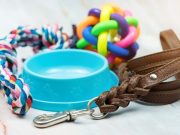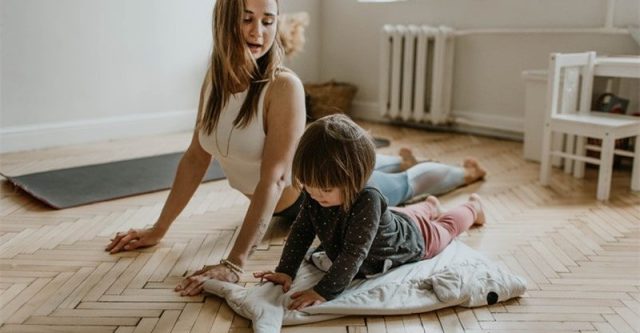Divorce can have a significant impact on children. While we hope it doesn’t hinder their ability to thrive, research shows that children of divorced or separated parents often face challenges. They may experience poverty, family instability, or struggles with mental and emotional health, such as anxiety and depression.
However, as a parent, you can play a crucial role in supporting your children through this time. While some of these tips are tailored for toddlers and young children, they can be adapted to help older kids cope healthily with the changes.
1. Have Regular, Meaningful Conversations
Children, even toddlers, notice changes during a divorce. They sense shifts in their daily lives and the dynamics between you and your former spouse. It’s important to ensure they don’t bottle up their feelings, which can lead to behavioral issues.
- Talk to your children regularly about their emotions.
- Help them identify what’s troubling them and what’s helping them cope.
- Check in with them daily, such as in the morning or after school.
- For younger children, ask simple questions to understand their feelings.
2. Engage in Sensory Play
While conversations are important, it’s also essential to focus on rebuilding your child’s stability and confidence. Sensory play is a great way to help them explore their senses while having fun and experiencing positive emotions.
- Start a garden or go puddle jumping.
- Make frozen water balloons or bubbles.
- Create a mud kitchen for messy outdoor play.
- Use clay, sand, or playdough for creative exploration.
- Introduce new sounds and sights with disco lights and ambient music.
Look for more sensory play ideas online and choose activities your child enjoys.
3. Spend More Time Outdoors
Research shows that spending time in nature boosts mood, increases happiness, and improves cognitive function. It can also reduce the risk of psychiatric disorders later in life.
- Go camping, gardening, or swimming.
- Plan picnics, boat rides, or nature hikes.
- Try kid-friendly yoga or meditation classes outdoors.
- Explore activities like kayaking, canoeing, or nature photography.
Choose age-appropriate activities to help your child reap the mental health benefits of being outdoors.
4. Introduce Art and Creative Activities
Creative expression can be a powerful way for children to process their emotions. It can also become a lifelong tool for boosting their mood.
- Set aside time for art, writing, or sculpting.
- Try activities like cooking, scrapbooking, or finger painting.
- Encourage music, singing, or dancing as forms of expression.
Creative activities not only help your child cope but also give you insight into their feelings.
5. Spend Quality One-on-One Time Together
Your relationship with your child plays a big role in how they handle the divorce. Strengthen your bond by spending meaningful one-on-one time with them.
- Engage in activities they enjoy.
- Plan spontaneous outings to keep the connection strong.
6. Try to Spend Time as a Family
If possible, aim to spend time together as a family once things settle with your former spouse. This can help your child feel less caught in the middle.
- Keep conflicts to a minimum and focus on creating happy experiences.
- If your child feels stressed, use calming techniques like deep breathing or a short walk.
- Be kind and supportive of your child’s relationship with their other parent.
Conclusion
Helping young children cope with divorce is vital for their growth and future well-being. By providing support, encouraging expression, and fostering stability, you can guide them through this challenging time.




























